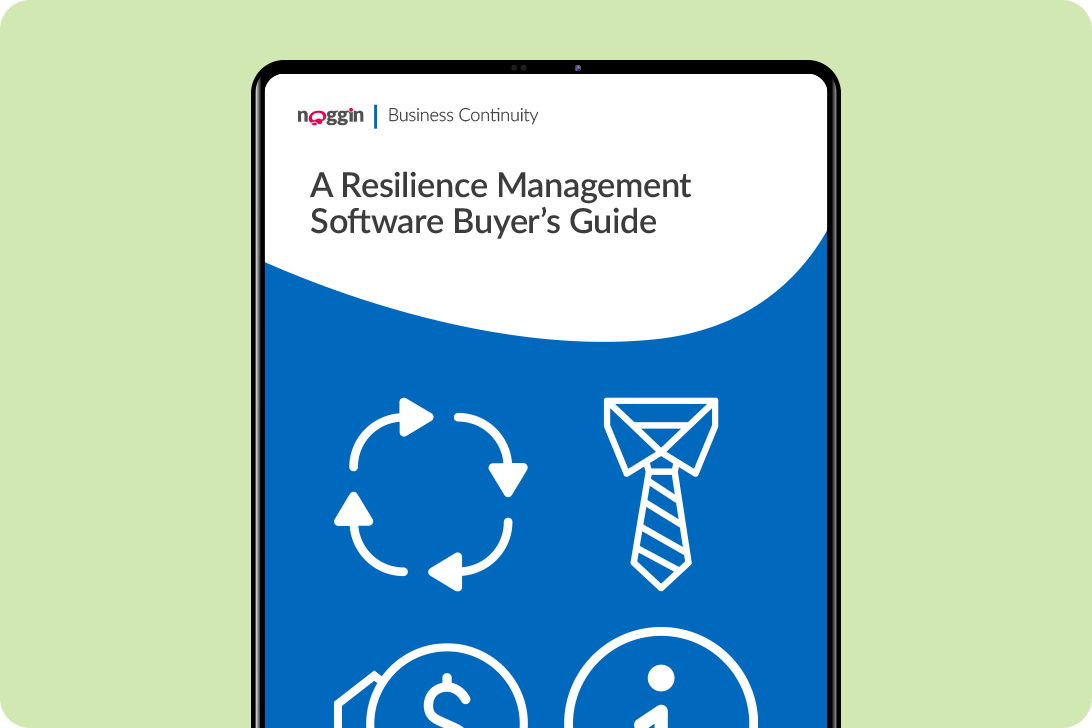Do you have clients in sports? Or are they venue owners and operators? After dealing with COVID cancellations, they have new worries to consider. Incidents of fan abuse can put your clients at risk. What can they do to address the threat?
Understanding liability for incidents of fan abuse
First, clients must understand that incidents of fan abuse might constitute infringements on their athletes right to a safe and healthy workplace.
Professional athletes are workers, after all. And incidents of fan abuse might create hostile work environments.
Sure, the issue is difficult to adjudicate. The legal regimes in which the incidents take place vary.
For instance, in Australia, harassment is a form of discrimination, prohibited by Commonwealth legislation.
Australia also has federal racial discrimination legislation outlawing offensive behaviour based on racial hatred; examples of said behaviour include acts likely to offend, insult, humiliate, or intimidate another because of their race, colour, or national or ethnic origin.
Anti-discrimination law also makes it unlawful to treat a person less favourably because of protected attributes, such as gender, sexual orientation, race, disability, or age.
Clients, for their part, also have a legal duty to take reasonable care for the health and safety of their employees, a duty which might be breached if bullying or harassment occurs in the workplace.
Adjudicating fan abuse claims
Still, the bar to prove claims of harassment is high. In the U.S., holding sports organisations liable entails proving that the harassment was unwelcome, based on a protected characteristic, and sufficiently severe or pervasive to alter the condition of employment and create an abusive environment.
Of course, this shouldn’t let your clients off the hook for seeking to control their environments.
Not just that, incidents of racial abuse, in particular, leave a severe reputational stain.
Per FIFA’s rules, games in which such incidents take place might be suspended, with the venue evacuated of fans before play can resume.
That’s certainly not in the interests of your clients who rely heavily on those ticket sales.
The surest route, then, to avoid liability and reputational damage as well as to ensure the continuity of sporting events is to take clear steps to prevent or correct harassment in the first place.
Strategies to prevent and respond to incidents of fan abuse
What steps should your clients take?
Sporting stakeholders might consider setting down explicit codes of conduct for venue spectators. The process would entail:
- Prohibition of disruptive and destructive actions occurring before, during, or after events
- Repeated written communication of said policies and penalties to fans
- The use of media to counteract images created by prior instances of fan abuse
Taking an integrated safety and security approach to the management of the lifecycle of the sporting event will also help. That approach entails the following:
- Involve multiple stakeholders in the mitigation of, preparation for, response to, and recovery from incidents of fan abuse at sporting events.
- Meet with police and venue stakeholders – not just security teams but Safety Management and Guest Services, as well – to identify sporting events which pose the greatest risk of disruption.
- Plan out specific procedures to discourage and respond to fan disruptions (up to and including violence).
That only scratches the surface. Your clients must start somewhere to prevent incidents of fan abuse in sports. For more lifecycle strategies, download our guide to Preventing and Preparing for Incidents of Racial Abuse by Fans at Sporting Events.




